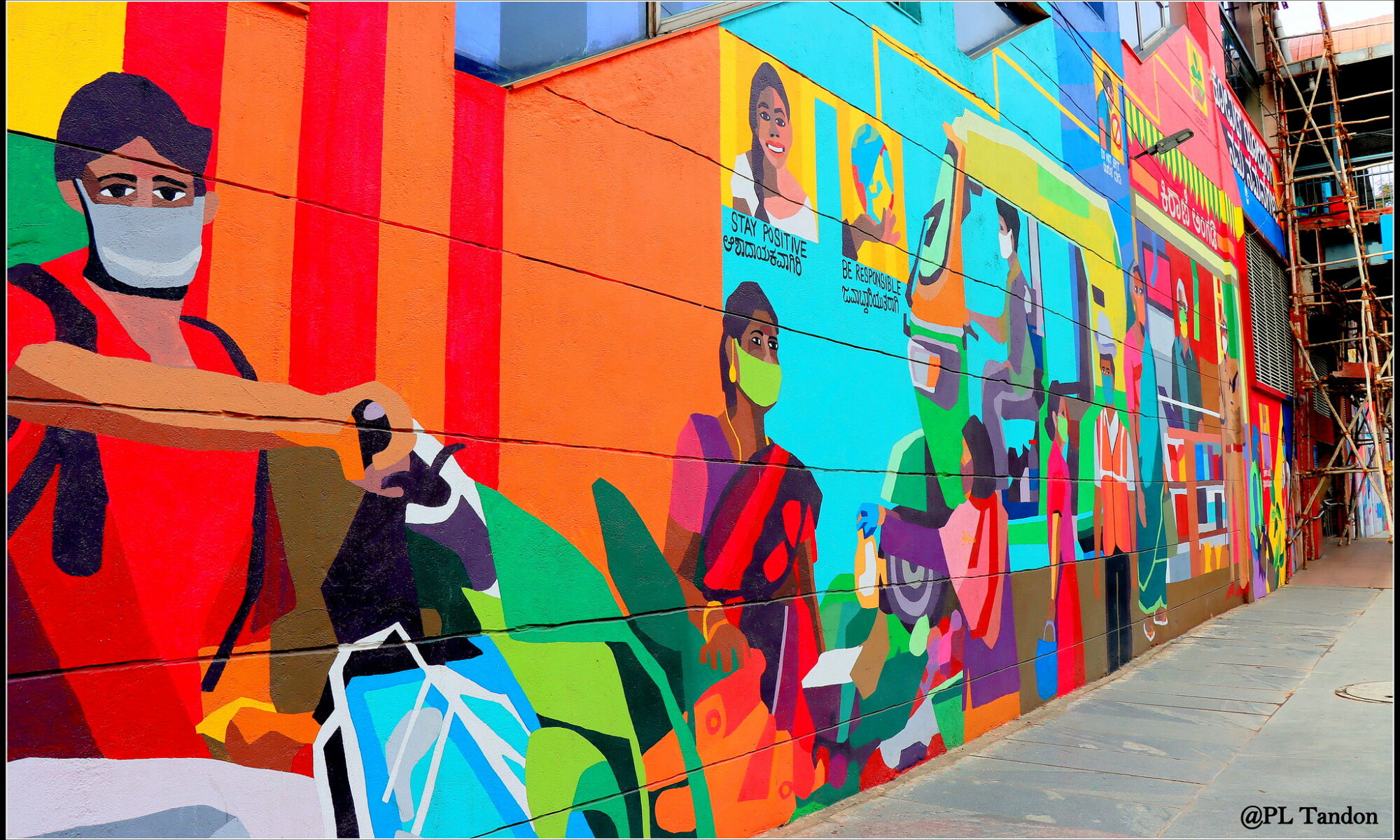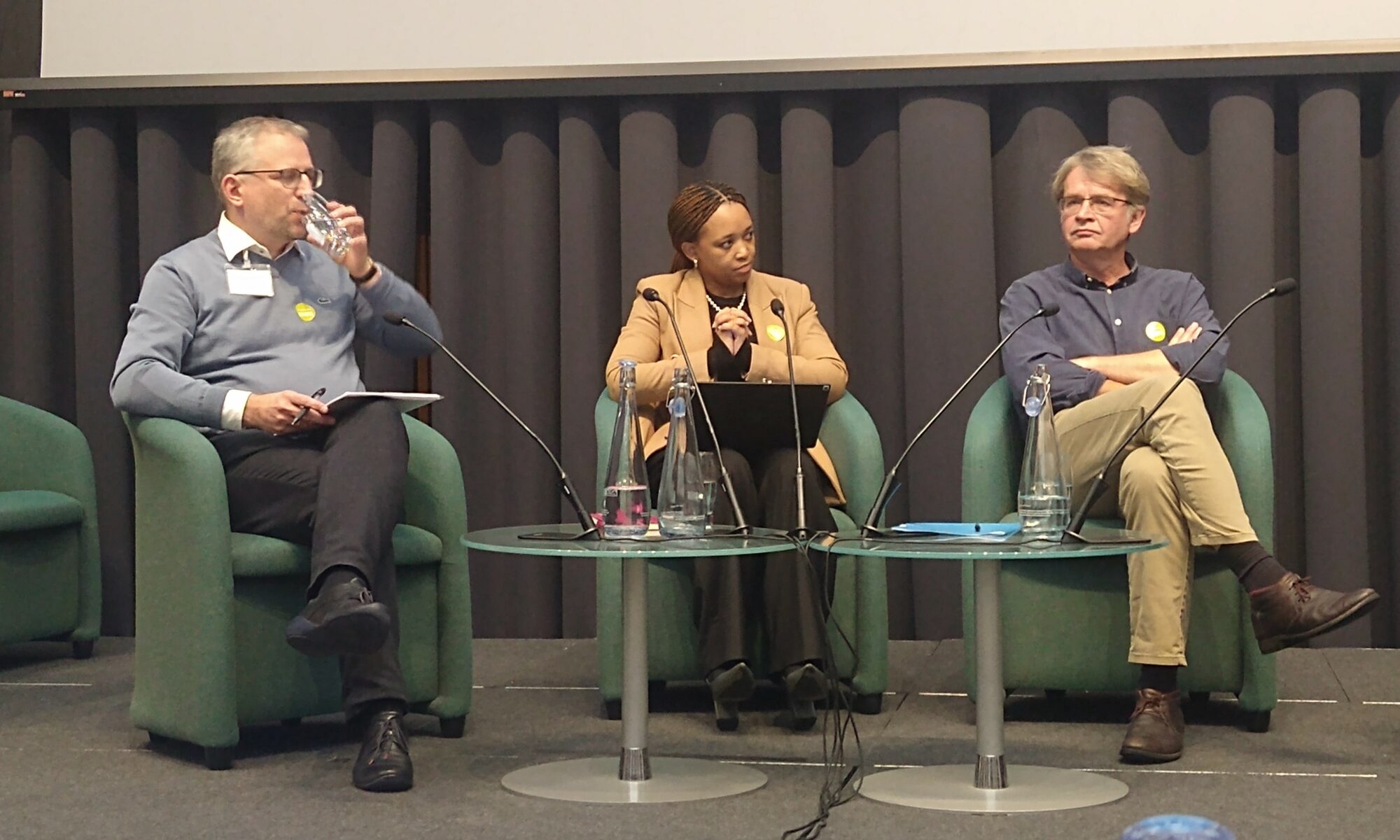By Isis Barei-Guyot
The COVID-19 pandemic disrupted research practice, and where research was possible to continue nevertheless, researchers had to ask themselves how it could do so ethically. The context of the pandemic meant that many of such ethical considerations were new to researchers, and we witnessed a moment of overcoming and adapting that produced changes on a scale and at a pace that would have been previously inconceivable. However, these extraordinary efforts to keep research moving during the pandemic highlighted the inequalities that had become normalised within research practice, and particularly within research relationships.
Continue reading “How ethical can research relationships be in Development Studies?”




